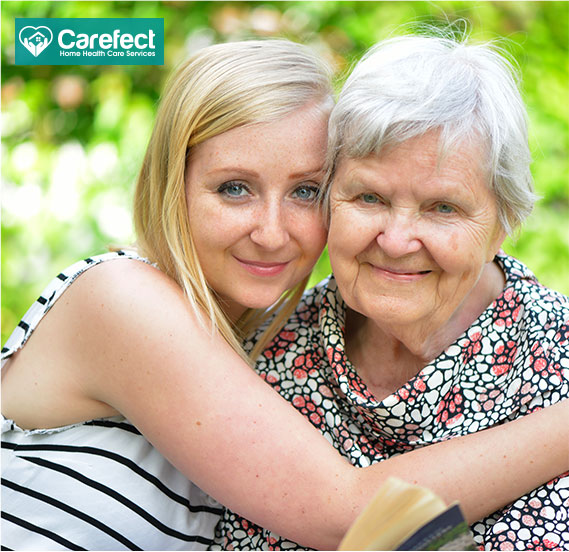Caring for elderly loved ones over a long distance is a duty for many caregivers and family members. However, with ever-changing guidelines and restrictions in elder care facilities affecting the lives of their wards, it has become increasingly complicated to care for your elderly loved one. In addition, the updates from the government and World Health Organization for best practice for independent senior citizens is constant and in flux, with evidence based on global and community threat assessment. It can be difficult and stressful to parse through the news and make life-changing decisions with your elderly loved ones. This article will get you thinking and serve as a beginning brainstorm for your plan of action so you can make informed decisions about your elder loved one’s care during quarantine from a distance.
General Guidelines
Communicate with your elderly loved one about best practice during Covid-19. Explain the importance of the precautions so they understand why and how to use them.
- Self-isolation
- Consistent hand-washing
- Disinfecting outside materials (i.e. grocery deliveries)
- Minimize face touching
- Change physical social visits to phone calls or video conferencing
- Cancel non-essential travel or outings
Care Plan
Maintain open communication with your loved one and include them, if possible, with decision making about current care plans and their quarantine care plan. If they are in a care facility, include their care workers in the discussion in order to make sure everyone is on the same page about the care facility’s guidelines, restrictions and policies. Make a clear plan that can then be shared with everyone involved, including other dependable family members who may need to take responsibility if the primary caregiver falls ill. Also ensure that you make and distribute a contingency plan for emergencies including: elder falls ill, primary caregiver falls ill, local or federal government stating best practice is pulling elder out of infected care facilities or other situations. Burnout is common for caregivers, especially during these trying times. Make sure you take care of yourself and reach out for help when you are in need.
Routine and Maintenance
If you are caregiving from a distance, whether that is through self-isolation or over geographic distance, it is vital to maintain your elder’s care and adjust their routine. However, when considering their daily maintenance, it is important to minimize people visiting, including deliveries and care workers. When using delivery services, ensure the company has taken safe precautions with handling goods. Make sure that your loved one has accessible supplies such as food and medication and stock up extra for up to 30 days. So as to avoid high contamination areas, such as hospitals, clinics and medical centres, call their doctor and reschedule non-essential medical appointments or request telephone or video-based medical appointments if possible.
Stay Connected
Mental health is paramount during these uncertain times. Especially for elders who have lost their local community support centres, so make sure to keep them connected! Set up routine communication with them so they have that to look forward to. As well, try and create ‘virtual’ dates with their friends and other family members. Phone calls or video chat can be a wonderful way to keep their friends connected as well as help them keep up with distant relatives or grandchildren. You can spice things up by going traditional! Sending letters, photographs or flowers can be a huge morale boost by showing them that you are going the extra mile to demonstrate how much you love them.
Research Reputable Sources
Facebook may have fun tutorials for songs you can wash your hands to, or new recipes for making sourdough bread, but it should not be where you trust to get your information about the coronavirus. There is plenty of ‘fake news’ on Social Media so it is more valuable to get your information from reputable sources. Follow your local government department of health for guidance on necessary safety measures, such as whether you should remove your elderly loved one from their care facility or their independent housing. This would be based on local community infected areas so stay up to date but only trust government sources. Money might be tight with unemployment being at an all time high, do research about your local government assistance programs for senior citizens and if you qualify for any subsidies or grants.

